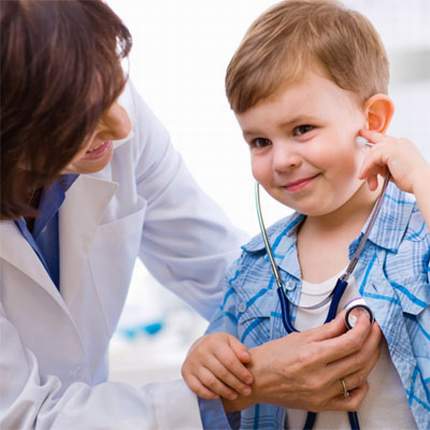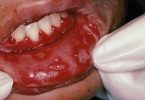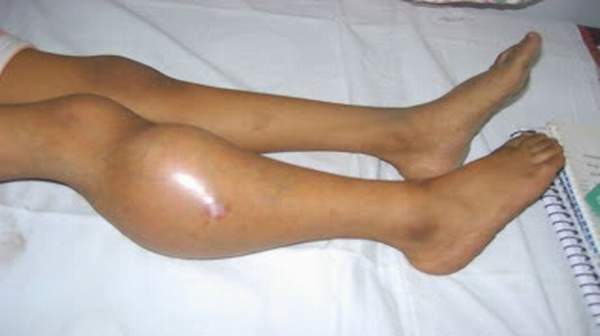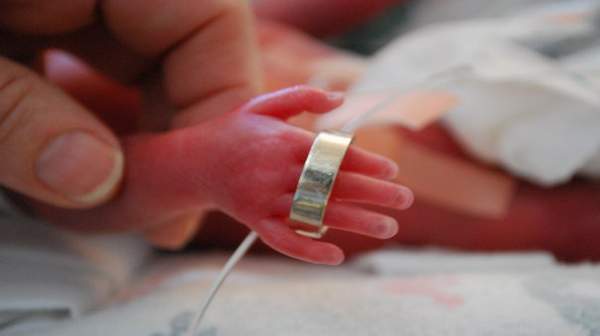What's in this article?
What is Arrhythmia?
An irregular heartbeat is an arrhythmia (also called dysrhythmia). Heart rates can also be irregular. A normal heart rate is 50 to 100 beats per minute. Arrhythmias and abnormal heart rates don’t necessarily occur together. Arrhythmias can occur with a normal heart rate, or with heart rates that are slow (called bradyarrhythmias less than 50 beats per minute). Arrhythmias can also occur with rapid heart rates (called tachyarrhythmias faster than 100 beats per minute). In the United States, more than 850,000 people are hospitalized for an arrhythmia each year.
Symptoms of Arrhythmia
Arrhythmias may not cause any signs or symptoms. In fact, your doctor might find you have an arrhythmia before you do, during a routine examination. Noticeable signs and symptoms don’t necessarily mean you have a serious problem, however.
Noticeable arrhythmia symptoms may include:
- A fluttering in your chest
- A racing heartbeat (tachycardia)
- A slow heartbeat (bradycardia)
- Chest pain
- Shortness of breath
- Lightheadedness
- Dizziness
- Fainting (syncope) or near fainting

What are the causes of Arrhythmias?
There are various causes of abnormal heart rhythms (arrhythmias). They include the following:
Heart conditions
Many arrhythmias occur as a complication of a heart condition. For example:
- Ischaemic heart disease (which causes angina and heart attacks). This reduces the blood supply to parts of the heart which may include parts of the conducting system. A damaged section of heart muscle (following a heart attack) can trigger an arrhythmia, or block electrical impulses.
- Heart valve diseases can cause the heart muscle to enlarge which can trigger abnormal electrical activity. For example, AF is a common complication of mitral valve disease.
- High blood pressure (hypertension) can put strain on the heart and cause arrhythmias.
- Ageing (age-related degeneration) around the conducting fibres is one cause of complete heart block.
- A disorder of the heart muscle (cardiomyopathy) can sometimes cause arrhythmias. See the separate leaflets called Dilated Cardiomyopathy and Hypertrophic Cardiomyopathy.
- Some arrhythmias are due to abnormalities in the electrical pathways, which are present from birth. One example is an extra electrical pathway which sometimes develops between the atria and ventricles. This can cause a type of SVT. (However, symptoms may not first start until you are a young adult.)
- Some congenital heart defects are associated with certain arrhythmias. A congenital condition is one you have when you are born.
- Inflammation of the heart and other less common heart disorders are other possible causes.
Non-heart causes
Certain medicines and excess thyroid hormone can sometimes trigger an arrhythmia.
In some cases the cause is not clear
For example, some cases of AF and SVT occur out of the blue in otherwise healthy hearts. A section of the conducting fibres just becomes faulty and can trigger fast impulses.
What are the risk factors for Arrhythmia?
- Old age – the heart inevitably weakens as we get old and loses some of its flexibility this affects the conduction of electrical impulses.
- Inherited gene defects – people who are born with a heart abnormality have a higher risk of developing arrhythmia.
- Heart problems – people with heart problems, narrowed arteries, those who have had a heart attack, heart valves that do not function properly, previous heart surgery, and cardiomyopathy, are more likely to develop arrhythmia.
- Hypothyroidism or hyperthyroidism – people with a thyroid gland problem are more likely to develop arrhythmia.
- Medications – some prescription medications, as well as OTC drugs, such as cough and cold drugs containing pseudoephedrine may help in the development of arrhythmia.
- Hypertension – people with high blood pressure are much more likely to develop coronary artery disease and other heart problems which result in the improper conduction of electrical impulses.
- Obesity – obesity is linked to a huge number of health problems, including diabetes type 2, cancer, cardiovascular disease, heart disease, and arrhythmia.
- Uncontrolled diabetes – a patient with uncontrolled diabetes is significantly more likely to develop arrhythmia compared to a patient who has his diabetes under control (receives proper treatment).
- Obstructive sleep apnea – patients with obstructive sleep apnea may experience bradycardia or atrial fibrillation more commonly than other people.
- Electrolyte imbalances – electrolytes are essential for the proper conduction of electricity between cells and through cells. If electrolyte levels are wrong – either too low or too high – the electrical impulses in the heart may be affected, resulting in arrhythmia.
- Heavy and regular alcohol consumption – people who regularly consume large quantities of alcohol are much more likely to develop atrial fibrillation.
- Too much caffeine – caffeine, and some other stimulants, may accelerate the heart rate and eventually cause arrhythmias.
- Illegal drugs – amphetamines and cocaine can cause arrhythmias, especially ventricular fibrillation.
What are the treatments for Arrhythmias?
Each type of abnormal heart rhythm (arrhythmia) has specific treatment options. Also, treating any underlying cause such as ischaemic heart disease, or high blood pressure (hypertension) may also be important in controlling certain arrhythmias. The following are the sort of treatments which may be considered:
Medication
Various medicines can interfere with the electrical impulses in your heart. They are often used to prevent intermittent arrhythmias, or to control the heart rate in AF.
Catheter destruction (ablation) treatment
This is an option for some cases of SVT, ventricular tachycardia and AF. A small wire (catheter) is passed via a large vein in your leg into the chambers of your heart. It is guided by special X-ray techniques. The tip of the catheter can destroy a tiny section of heart tissue that is the source or trigger of abnormal electrical impulses. This treatment is suitable only if the exact site of the trigger can be found by special tests, and be found very accurately by the catheter tip.
Cardioversion
This may be an option for some types of tachycardia for example, in some cases of AF which have recently developed, and some cases of ventricular tachycardia. Whilst under anaesthetic, you are given an electrical shock over the heart. This may revert the abnormal rhythm back to normal.
Artificial pacemakers
These are used in cases of complete heart block and in certain other situations. An artificial pacemaker is a small device which is inserted just under the skin on the upper chest. Wires from the pacemaker are passed through veins into the heart chambers. The pacemaker can then stimulate the heart to maintain a regular normal heartbeat.
Implantable cardioverter defibrillators (ICDs)
These are sometimes used in difficult cases. They are small devices which are similar to pacemakers and are inserted under the skin in the upper chest. Wires are passed through a vein to the heart. The device monitors the heartbeat. If it detects a change to an abnormal rhythm, the device can send a short electrical shock to the heart to stop the abnormal rhythm.





